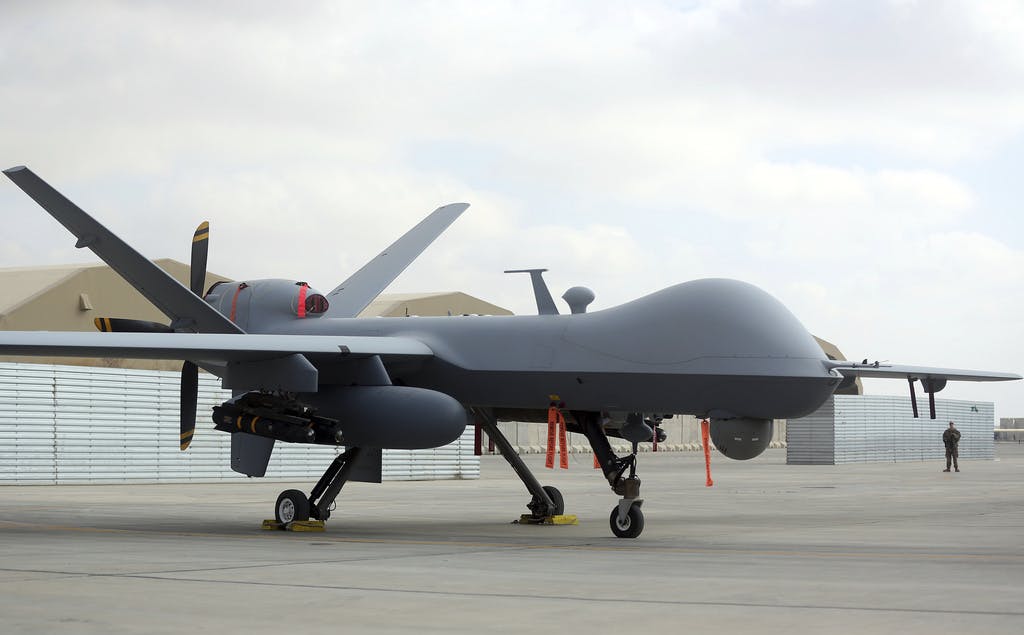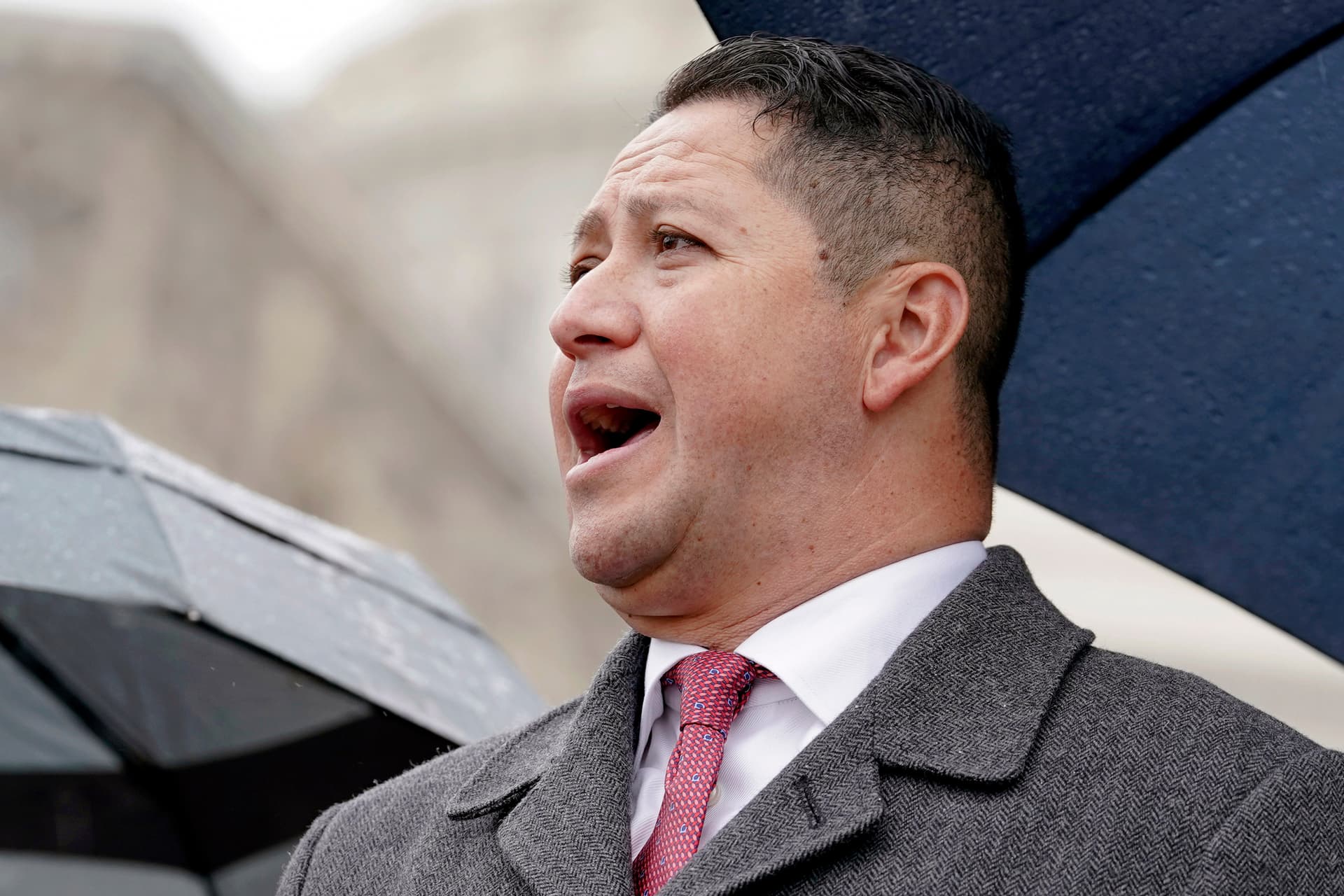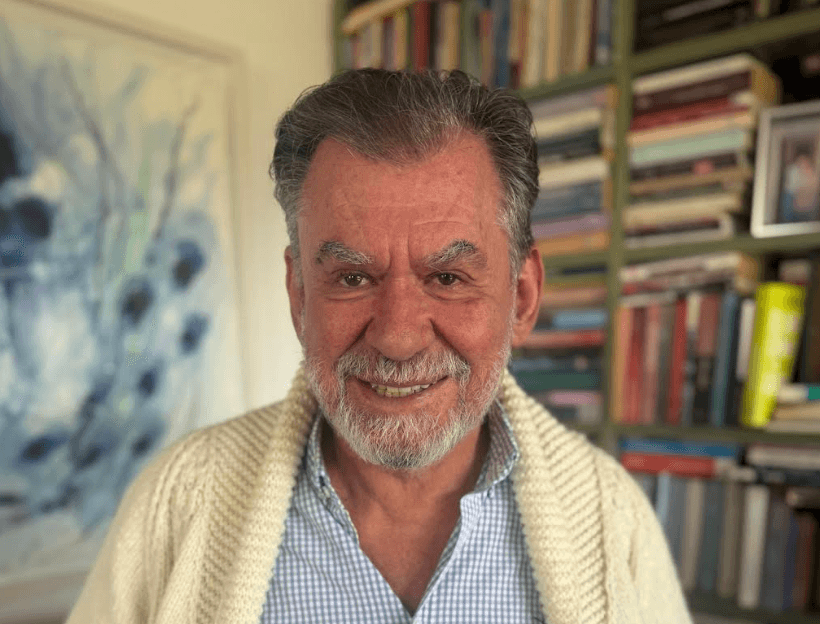
Netanyahu Envisions New Mideast Alliances
By BENNY AVNI
|‘We know that the intercept was intentional,’ the chairman of the Joint Chiefs of Staff says.

Already have a subscription? Sign in to continue reading

By BENNY AVNI
|
By MATTHEW RICE
|
$0.01/day for 60 days
Cancel anytime
By continuing you agree to our Privacy Policy and Terms of Service.
By HOLLIE McKAY